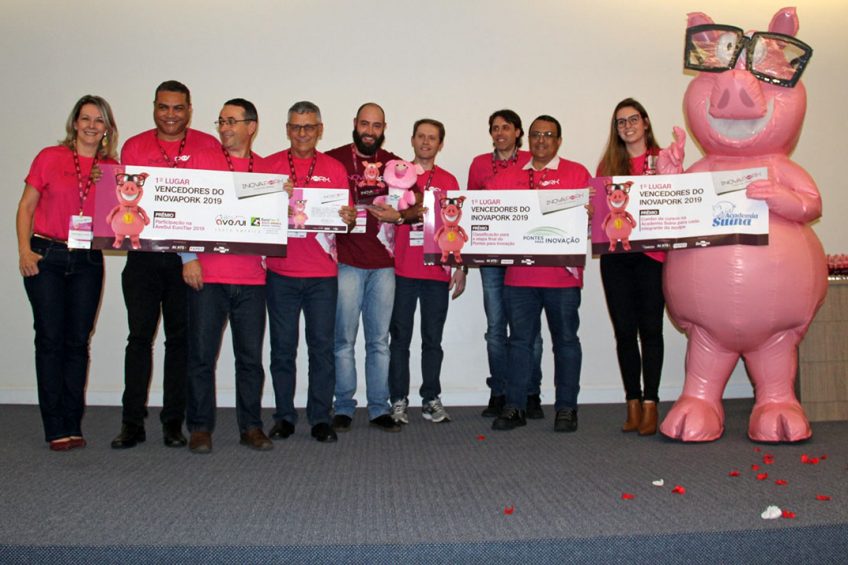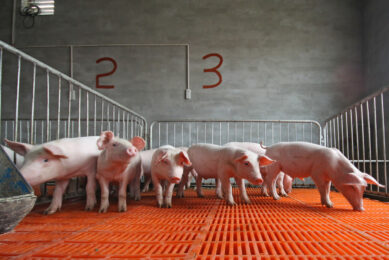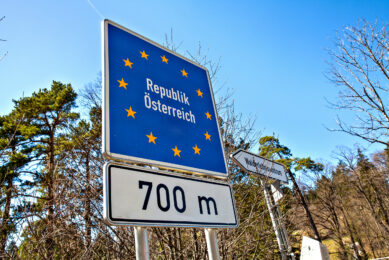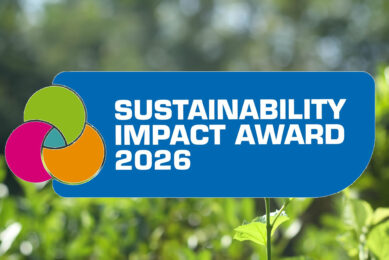Innovative solutions for Brazilian pig sector

Entrepreneurs and researchers gathered at InovaPork in Brazil to present innovative alternatives in efficiency, sustainability and profitability in the pig farming industry.
InovaPork, which was organised by Brazilian Agricultural Research Corporation, Embrapa, invited researchers to present their ideas. Topics included artificial intelligence for diagnosing swine diseases, software for managing the environment, production and ambience inside farms, filters for purifying biogas, scanners for measuring thickness of backfat, and sensors to control water waste and feed efficiency.
The 3 winning presentations focused on “green” techniques for residual water treatment, reducing animal stress during transportation, and high precision in artificial insemination.
Kemia’s ‘green’ techniques for residual water treatment
Kemia were announced the winners after presenting their solution to solve the challenge of residual water treatment in smaller spaces inside pig farms. Currently, due to purification systems needing ample space, installations are located far from stalls resulting in increased costs and higher energy consumption.
Their “green” techniques of electro-oxidation, electroflocculation and electro-fenton save up to 30% energy and reduce 90% of area needed for efficient treatment stations.
“Our solution is cost-effective and uses compact equipment to reduce social and environmental impacts,” explained Rafael Celuppi, chemical engineer and Kemia CEO.
He added that each project is designed according the specific features of each farm, including infrastructure and residual water outflow.
“These advanced oxidative processes promote the separation of pollutants or oxidation for the conversion of the pollutant into carbon dioxide and water. After that, byproducts can be used for fertilised irrigation on different crops,” added Mr Celuppi.
According to Kemia’s presentation, the residual water treatment market in Brazil is estimated at €2.2 billion annually. Kemia is about to gain more scale in a farm with 2,000 sows. The next step is to launch its solutions throughout Brazil.
As the winner, this team has qualified for the final stage of Bridges for Innovation, an initiative developed in partnership between Embrapa and partners which aims to connect agritechs with investors to enable them to access resources to accelerate their business.
Transpork reduces animal stress during transportation
In 2nd place was a monitoring system used inside trucks to analyse critical factors related to animal stress levels, including temperature, density, and loading and unloading time. The goal was to identify factors that have caused animal suffering, death, or pale, soft and exudative (PSE) meat to improve and certify animal welfare and avoid losses.
“Our solution aims to reduce stress in the last phase. We monitor then send the data to the cloud, analyse the information and provide reports,” said Victor Hugo Pereira, CEO of Transpork, adding that the company aims to release their complete solution, software and hardware in January 2020.
B.Tool’s precision in artificial insemination
In 3rd place, B.Tool took on the challenge of precision in artificial insemination in the Brazilian pig sector. Currently, producers need about 1.8 billion good cells to reach an effective fecundation level, but with this solution producers require only 0.8 billion cells.
In order to ensure high performance to spermatozoids, the startup uses various digital agricultural techniques and devices such as nano thermal preservation, Industry 4.0, IoT, Big Data, cloud computing, integrated devices, telemetry, AI and analytics.
“We monitor and control each condition throughout the entire process of artificial insemination, from reproducers to insemination. It means temperature, humidity, dilution, and time of each step according to recommended protocols on the same digital platform in real time. You cannot see the nanoscale, but we can show our results,” says B.Tool’s Jeferson Gati.
His research began in 2012 and tests have been conducted since 2017, proving that it is possible to obtain same results of fecundation using exactly half the reproducers, thereby increasing efficiency.
“Our technological solution also allows a reproductive increase of 1.2 piglets per female per year. Artificial insemination gaps cause 4.6 fewer piglets on average, which translates into 8 million animals annually in Brazil,” he added.











